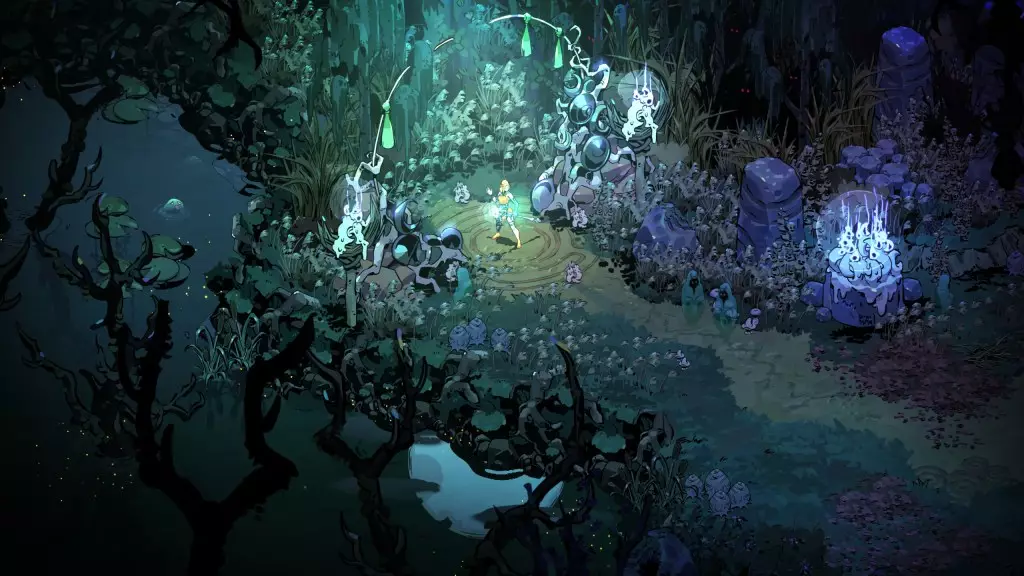In recent years, the gaming industry has witnessed a significant shift in how developers engage with their voice acting talent. Supergiant Games, celebrated for its narrative-driven quality in titles such as “Bastion,” “Transistor,” and the acclaimed “Hades” series, finds itself at the center of a storm initiated by labor disputes concerning voice actors’ rights. The ongoing SAG-AFTRA strike, which began in August, has emerged as a critical juncture for voice actors seeking stronger protections against artificial intelligence (AI) encroachments. This situation raises vital questions about labor rights in creative industries, the role of voice actors, and the ethical responsibilities of game developers.
The latest controversy erupted when voice actor Marin M. Miller, known for her work in the “Hades” series, took to social media to suggest that Supergiant Games was opting to recast characters to circumvent negotiation protocols with SAG-AFTRA during the ongoing strike. Miller urged fans to advocate for the signing of an interim contract that would allow her to continue voicing her characters while respecting the union’s rules against using non-union talent amidst labor disputes. This appeal highlighted the precarious position of many voice actors, who are suddenly facing job insecurity as studios reevaluate their casting choices in light of the strike’s demands.
Supergiant Games responded with a public denial of the allegations regarding recasting, asserting their commitment to traditional voice acting methods while explicitly rejecting the use of AI to replace actors. Such public statements not only aim to uphold the studio’s reputation but also illustrate the complexities of the situation, where actions may speak louder than words. There is a clear need for transparent communication in a time of uncertainty that affects both the studio and the artists reliant on them for their livelihoods.
Miller’s statement hints at a broader issue: the importance of ongoing dialogue between game developers and voice actors. She revealed that previous requests for more communication with Supergiant regarding her involvement as a voice talent went unanswered, highlighting a potential gap in the relationship between creators and performers. Effective collaboration is crucial in industries where creativity intersects with contract negotiations; without it, misunderstandings and mistrust can easily fester.
The strike emphasizes the dire need for comprehensive agreements that protect voice actors against the proliferation of AI technology in the industry. SAG-AFTRA’s insistence on enhanced safeguards reflects a growing recognition of the potential risks AI poses—not just to job security but also regarding the authenticity of artistic expression in games where character voices are distinct and vital.
As the SAG-AFTRA strike continues, the gaming community must ambivalently navigate this landscape of contention and concern. The situation serves as a reminder of the fragile balance within creative industries, where both innovation and tradition contend for dominance. Supergiant Games, along with other studios, now stands at a crossroads: to uphold their artistic integrity while also supporting their voice talent’s fight for equitable treatment in an evolving industry. Future developments in these negotiations will likely shape the relationship between game developers and voice actors for years to come, underscoring the need for policies that respect the contributions of all creatives in the gaming realm.


Leave a Reply